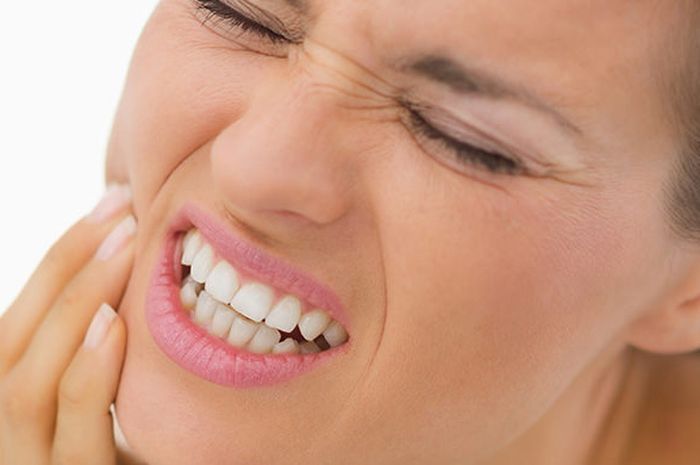Do you wake up most of the time with jaw pain or a mild headache? It might be because you grind your teeth while you sleep. Also referred to as bruxism, this condition can occur due to work or stress, and it can sometimes be noticed in teething young.

What is grinding or gnashing of teeth?
Teeth gnawing is an involuntary, nonfunctional activity that is often more common during sleep, except that it may also occur continuously even while awake, and it can have serious consequences if it occurs regularly.
What causes bruxism?
Teeth grinding can be caused by multiple factors. The most common causes include:
- Anxiety.
- Medicines, such as antidepressants.
- Sleep disorders.
- Sleep paralysis: It is a phenomenon that leads to temporary immobility during sleep or waking.
- Smoking and drinking alcohol.
- Caffeine.
What are the signs and symptoms of teeth grinding?
The severity of the signs and symptoms associated with teeth grinding can vary. However, it is important to identify symptoms at the earliest to benefit from appropriate treatment. Symptoms include:
- Severe gnashing or grinding of the teeth that may cause you to wake up.
- Flat and broken teeth.
- Erosion of tooth enamel.
- Tense and painful jaw muscles.
- Ear pain.
- Frequent headaches
- Pain in the facial muscles.
Prolonged bruxism can lead to chronic damage to teeth. Hence, it is essential to treat this condition as soon as possible.
Here are some natural remedies that can help stop gnashing.
- Essential oils such as rubbing the neck and jaw with lavender essential oil, peppermint essential oil, or chamomile oil. Lavender oil contains bioactive compounds that stimulate relaxation. It also reduces stress and anxiety and helps you sleep properly. Lavender oil calms the nerves and muscles around the jaw, thus solving the problem of bruxism.
- A warm compress on the neck and jaw to relax the muscles in that area.
- Have a cup of warm milk and turmeric before bed. Turmeric is known for its anti-inflammatory and antioxidant properties, and milk contains a calming amino acid called tryptophan. When mixed, milk and turmeric can help relax the jaw muscles and relieve the pain associated with teeth grinding.
- Massaging the neck, jaw and shoulders for 5 minutes a day before bed, a gentle massage before bed helps relieve stress after a long day. It also helps relax your muscles and induce sleep thus the relaxing effects of a simple massage can help treat the condition of teeth grinding.
- Take vitamins and minerals because the right balance of vitamins and minerals is essential to help your body function properly. A deficiency in any of them is known to cause a variety of health problems, including stress and anxiety.
- Do yoga and exercise to improve immune system performance and circulation, and reduce stress and anxiety.
- Wearing a mouthguard while sleeping to protect your teeth from further damage and relieve jaw pain.
In addition to the treatments mentioned above, some precautions should also be taken to prevent bruxism. Making some healthy lifestyle changes and following the preventive tips listed below can help combat this condition:
- Control your urge to grind while you are awake.
- Indulge in stress-relieving activities such as playing music and exercising.
- Limit your intake of caffeinated and alcoholic drinks.
- Avoid smoking.
- Use a mouthguard.




![The Top & Most Popular Seafood Bucket Restaurants in Dubai for you [Never Miss]](https://uae24x7.com/wp-content/uploads/2020/09/8-seafood-in-a-bucket-scaled-e1600739237403.jpg)
![Procedures for Renewing the Driving License in Abu Dhabi [3 Simple Steps]](https://uae24x7.com/wp-content/uploads/2020/07/Capture-9-e1595666454466.jpg)





